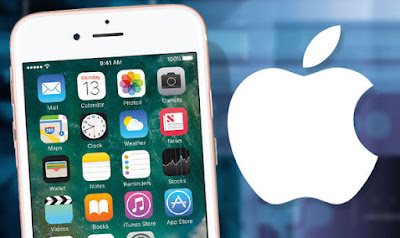For many Internet user, Google Chrome is the most favourite browser because it’s speedy, includes leading standards support, strong security features, and a clean interface. And now at the Chrome Dev Summit that it currently taking place at San Francisco, Chrome Engineering VP Darin Fisher has revealed that currently 2 billion Chrome installs are in active use across desktops and mobiles. This information was revealed in a keynote delivered by Chrome Engineering VP Darin Fisher.
According to a Tech Crunch report, Google, however, didn’t reveal how many people are currently using chrome. “I wanted to make this point that there are a lot of Chrome browsers out there. What’s exciting about this to you all is that when you think about building for the web, there’ a lot of browsers out there that implement the latest web standards — that implement the latest and greatest web features,” the report quotes Fisher as saying.
In April this year, Google came out with a blogpost where it had revealed that Chrome had crossed 1 billion monthly mobile users. Besides this, the post had also informed that 771 billion pages load each month, which is pretty much same the number of pages in over 821 million dictionaries. It was also showcased that Chrome helps users with the option to search autocomplete, which saves one from 18,6528 years of typing for users.
As of October 2016, StatCounter estimates that Google Chrome has a 63% worldwide usage share of web browsers as a desktop browser. Its success has led to Google expanding the “Chrome” brand name on various other products such as Chromecast, Chromebook, Chromebit, Chromebox and Chromebase.









